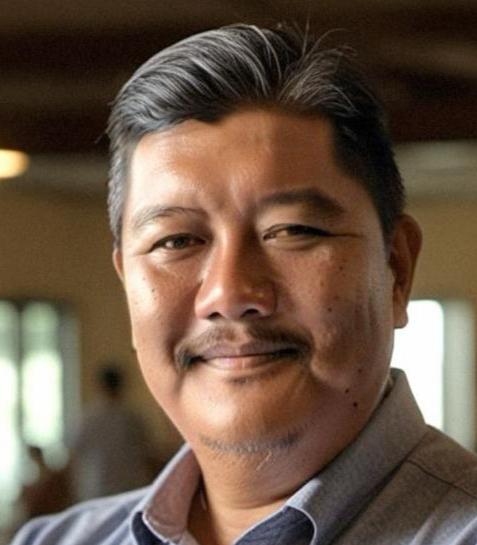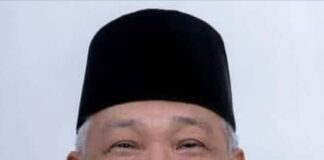By Remy Majangkim, MA63, Activist, Tutor, and Historian
KOTA KINABALU: Good day to you all. Finally, an official merger through the signing of a memorandum of understanding will be signed on April 18, 2024, between Parti Bersatu Sabah (PBS) and Parti Solidariti Tanah Airku (STAR). So, the scenario has aligned for a battle royale in the next Sabah State Elections.
Both political parties represent the Native’s heartland of Sabah, which were the momoguns, Kadazan Dusun Murut, and other preferred native designations.
Parti Bersatu Sabah (PBS) is the senior among the two and once successfully united the people of Sabah in one voice. Their historical background emerged after the collapse of the Berjaya Party, due in part to their blunder in annexing Labuan to the Federal Territory in 1984.
Thus, making the 1985 election a crucial win for the Parti Bersatu Sabah (PBS), it was a precursor for spontaneous combustion leading up to the silent riot in 1986.
Parti Solidariti Tanah Airku (STAR) is a new political party led by a controversial personality who happens to be the younger brother of the founder of Parti Bersatu Sabah (PBS). He had successfully manoeuvred himself in politics since the beginning of the 1990s, constantly moving and adapting to the Sabah political landscape.
A master stroke that no one in Malaysia could ever match or copy since. He is a synonym who created himself a cult-like figure among his constituency.
So, the Sabah political landscape entered a new phase—an unlikely alliance that was not possible in the 1990s—collaborating with Gagasan Rakyat Sabah (GRS) to put Warisan back into power.
Over a period of 33 years, from 1985 to 2018, what impact have Parti Bersatu Sabah (PBS) and the two brothers had on the political landscape of Sabah? Have their involvement and policies throughout the years affected future generations of Sabahans? Are we presently benefiting from the results of their hard work?
In the span of 26 months, the Warisan government implemented two crucial policies that have undeniably benefited the people of Sabah.
The strengthening of the meaning of the word Continental Shelf in the Sabah Land Ordinance, which held and stored billions worth of oil and gas.
The introduction of the petroleum base tax for the State of Sabah incurred additional income worth billions of dollars a year.
There are many policies that can be easily implemented and achieved within a short period of time. However, it is clear that over the years, Sabah has had leaders who have failed to prioritise development and have instead used the idea of unity as an excuse for slow progress.
Now, would you want to wait another 33 years, that is, in 2057, for them to get it right?


